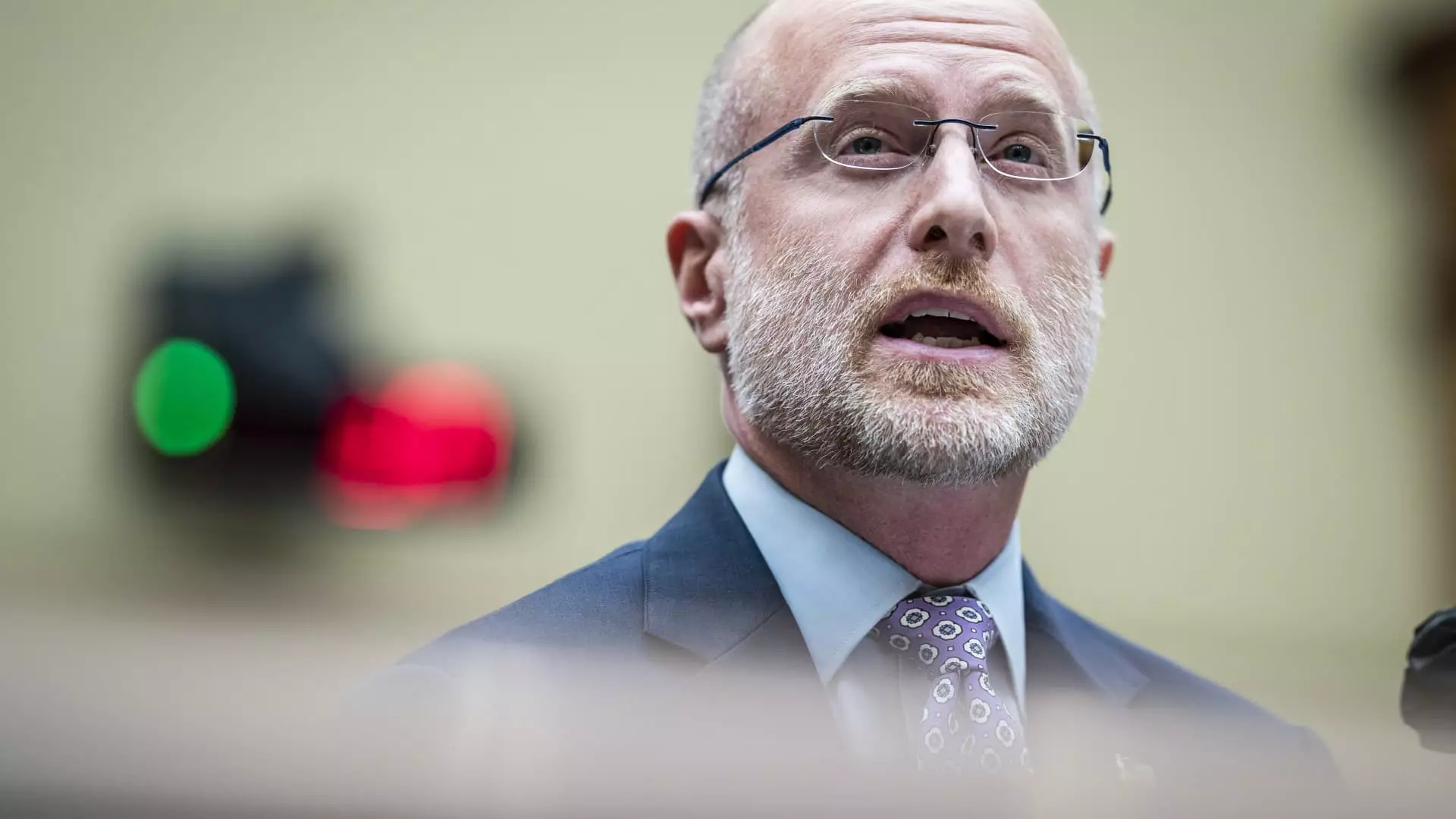The recent announcement of Brendan Carr as the chairman of the Federal Communications Commission (FCC) has sparked significant debate, especially given his history of critiquing the current administration’s telecom policies. At 45, Carr, who currently serves as the leading Republican on the FCC, has a reputation for his combative stance against what he perceives as governmental overreach and the monopolistic behaviors of major tech companies. His appointment signifies a potential shift in regulatory focus, particularly as it relates to the ongoing tensions between telecommunications regulation and the interests of big tech firms.
One of the most notable aspects of Carr’s tenure has been his vocal opposition to perceived censorship by major tech players such as Facebook, Google, and Apple. In a recent letter to these companies, he accused them of taking steps to limit Americans’ free speech, a claim that resonates with many who critique the tech industry’s increasing control over public discourse. Carr’s assertion that the FCC needs to restore free speech rights is a clarion call for those concerned about the balance between regulation and individual expression. This agenda aligns closely with President-elect Donald Trump’s broader narrative, promising a more aggressive stance against media outlets that the administration believes undermine freedom of speech.
Carr’s apprehensive stance towards large media networks—spotlighting companies like Disney’s ABC, Comcast’s NBC, and Paramount Global’s CBS—could foreshadow intense scrutiny of media practices under his leadership. Trump’s past remarks regarding revocation of broadcast licenses based on content present a significant deviation from established FCC norms. Previous FCC Chair Ajit Pai’s rebuttal to the idea of license revocation based on content underscores the legal complexities around media regulation. This contentious relationship with traditional media could lead to a more adversative regulatory environment, potentially reshaping the landscape of televised news and entertainment.
Internationally, Carr has positioned himself as a staunch critic of Chinese telecommunications companies. His visit to Taiwan as an FCC commissioner marks a notable moment in U.S. regulatory history, signaling a serious engagement with issues of national security tied to foreign technology giants. However, domestically, Carr’s opposition to the reinstatement of net neutrality regulations reveals a conflicting stance; while he advocates for free speech, his critics argue that his policies may be detrimental to consumer protections and equitable access to telecommunications.
As the new administration prepares to take full control of the FCC, it faces the challenge of nominating a Republican to fill a vacancy on the five-member commission. Carr’s understanding of the technological landscape and his combative approach to regulation could influence deliberations on major infrastructure programs and broadband expansion efforts, particularly those aimed at increasing accessibility in underserved areas. The upcoming years will undoubtedly be pivotal for telecommunications policy in the U.S., testing the boundaries of regulation, free speech, and the role of technology in our lives.
Brendan Carr’s appointment as FCC chairman is indicative of a potentially transformative era for telecommunications regulation. As debates over free speech, media accountability, and international relations unfold, how Carr navigates this complex landscape will be critical in shaping not only the policies of the FCC but also the very fabric of American communication.


Leave a Reply